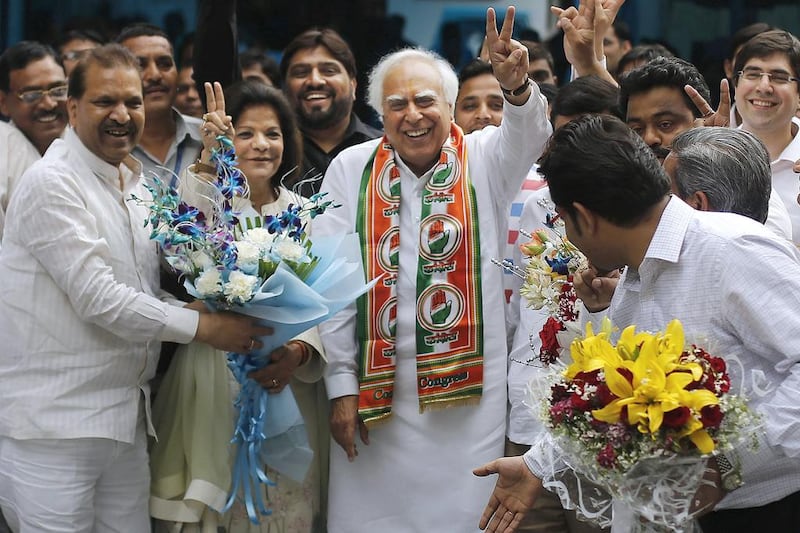Ananth Rao, the chairman of SkillPro, a vocational training company in India, explains what the upcoming national elections mean for the country’s economy.
What outcome are you hoping for from the general elections?
A stable government is critical and hence we hope that there will be a fully supported government that can make decisions. A development-based agenda to grow the economy is critical for any government that comes in, and I think that has been the expectation the parties are setting.
Are there any particular policies you are hoping the government will introduce that will benefit the economy and industry postelections?
Clearly the government should focus on many aspects of the economy but some focus key areas must include skill development – to take advantage of the demographic dividend. Skill the youth for jobs; this will reduce unemployment while increasing the productivity of companies. Overall it increases GDP and economic growth while serving the most disadvantaged people. Secondly, support entrepreneurship and facilitate incubation, financing and other policies to fuel growth through private players. In most countries, 60 per cent of new jobs come from new companies and India needs to embrace new companies by supporting entrepreneurs, primarily start-ups and micro, small and medium enterprise companies. Simplify and lower taxes; encourage and bring in FDI [foreign direct investment]; lower corruption through strong laws against it and legal reforms to facilitate faster resolution are key to a long-term stable economic and business environment.
How important will the outcome be for the Indian economy as a whole?
I feel the results of these elections are going to be very critical. Given that development is the key factor in this election, the economy will immediately embrace a positive approach from government. Quick action on policymaking, incubating growth in key sectors such as infrastructure, entrepreneurship and manufacturing will be critical.
business@thenational.ae
Follow us on Twitter @Ind_Insights





